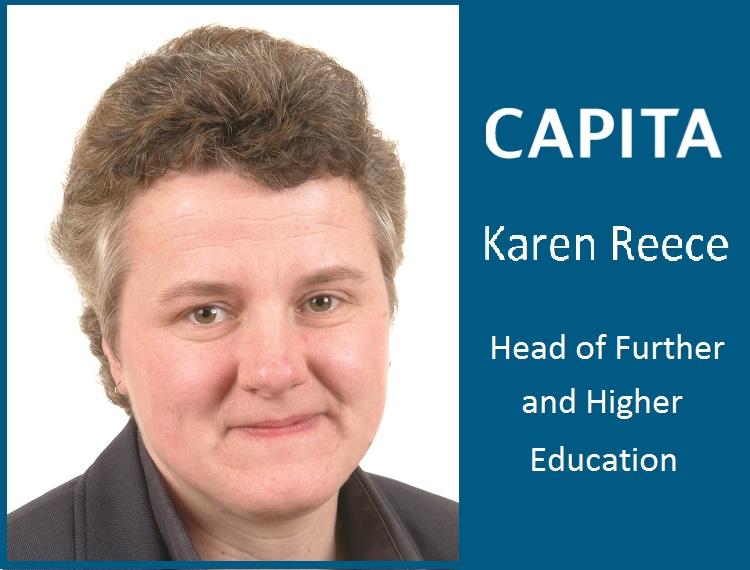5 Top Tips For A Sixth Form College Becoming An Academy

In life the only constant is change, as Heraclitus said – one maxim that rings true for many in the FE sector. Since the announcement that sixth form colleges could convert to academies, over half have expressed an interest in converting and a fifth have already started a formal process to make the change, according to government figures.
However, questions remain for some colleges about the bumps and pitfalls they might expect to encounter on their journey to becoming an academy.
Here are five top tips from one institution that has already embarked on the journey to help ensure the process runs smoothly.
Dominic Harrex’s, Associate Principal of Longley Park Sixth Form College, 5 top tips on becoming an academy:
- Seek the right partnership. Establishing a cultural fit from the beginning of your search for a partner greatly increases the chance of success. Work with your governors to define what it is you are looking for in a partnership, in terms of your ethos, values and mission, and then be steadfast about these requirements.
It could be that you are justifiably proud of the efficacy of your management or that you are looking for a partnership that will broaden the opportunities available to your students. Whatever your priorities are, make sure any future partner aligns with them.
- Use a fresh pair of eyes. It might seem counterintuitive to bring in an outside consultant when your staff have more expert knowledge of your college and circumstances than anyone else. However, engaging some external help will enable you to look at your institution’s situation free of any unconscious bias.
Good quality, independent advice makes sure you understand the implications of different courses of action – including staying as you are – and is immensely helpful when it comes to due diligence on legal and financial aspects of the academisation process.
- Look into the future. Understanding the wider market you are competing in, both at present and in the future, is crucial. Both potential partners and the DfE will want to see that you can attract and retain stable student numbers.
It’s worth investigating the possibility of carrying out some market research to help you get a broad picture of what is going on in your area. If you’ve noticed fewer students are studying the creative arts, for example, is it because they are unaware of the courses you offer so are studying elsewhere, or is it because of an overall decline in interest? Even if numbers are steadily increasing, you also need to recognise how any new developments – such as apprenticeship opportunities or T-levels – might affect the success of your college in the years ahead.
- Look inwards. It’s essential that you know your college inside out, so put yourself in the best possible position by rigorously examining your institution’s data. Make sure you can easily access up-to-date details of student numbers, attendance and achievement figures, for example. This information is essential for providing the evidence you need as part of the academy conversion process, but it will also help you to understand your college’s strengths and weaknesses. Knowing this will help you to ensure informed decisions are made around which partnerships will offer students more choice.
- Open the lines of communication. Building strong relationships with key stakeholders is a crucial to a successful conversion. Giving students and parents a chance to offer their views is part of the process, so document all consultations.
The relationship between governors and senior leaders is also key as there may be difficult conversations to be had around the best way to move forward. Being able to resolve issues efficiently and effectively can be helpful, especially when there are timescales to be met.
It’s also prudent to put time and effort into building a relationship with the Regional Schools Commissioner, even if you are confident you meet the required criteria. After all, this is the person who you need to support your college’s application to become an academy. They may not necessarily have a background in post-16 education, so it’s vital that they understand the value of your institution.
Change can bring both challenges and opportunities but for colleges, the focus will be on ensuring that students benefit from the highest standards of education and training, whatever shape their institutions take in the years ahead.
Karen Reece, Head of Further and Higher Education at Capita, shares some advice from a sixth form college on the journey towards becoming an academy.

Responses